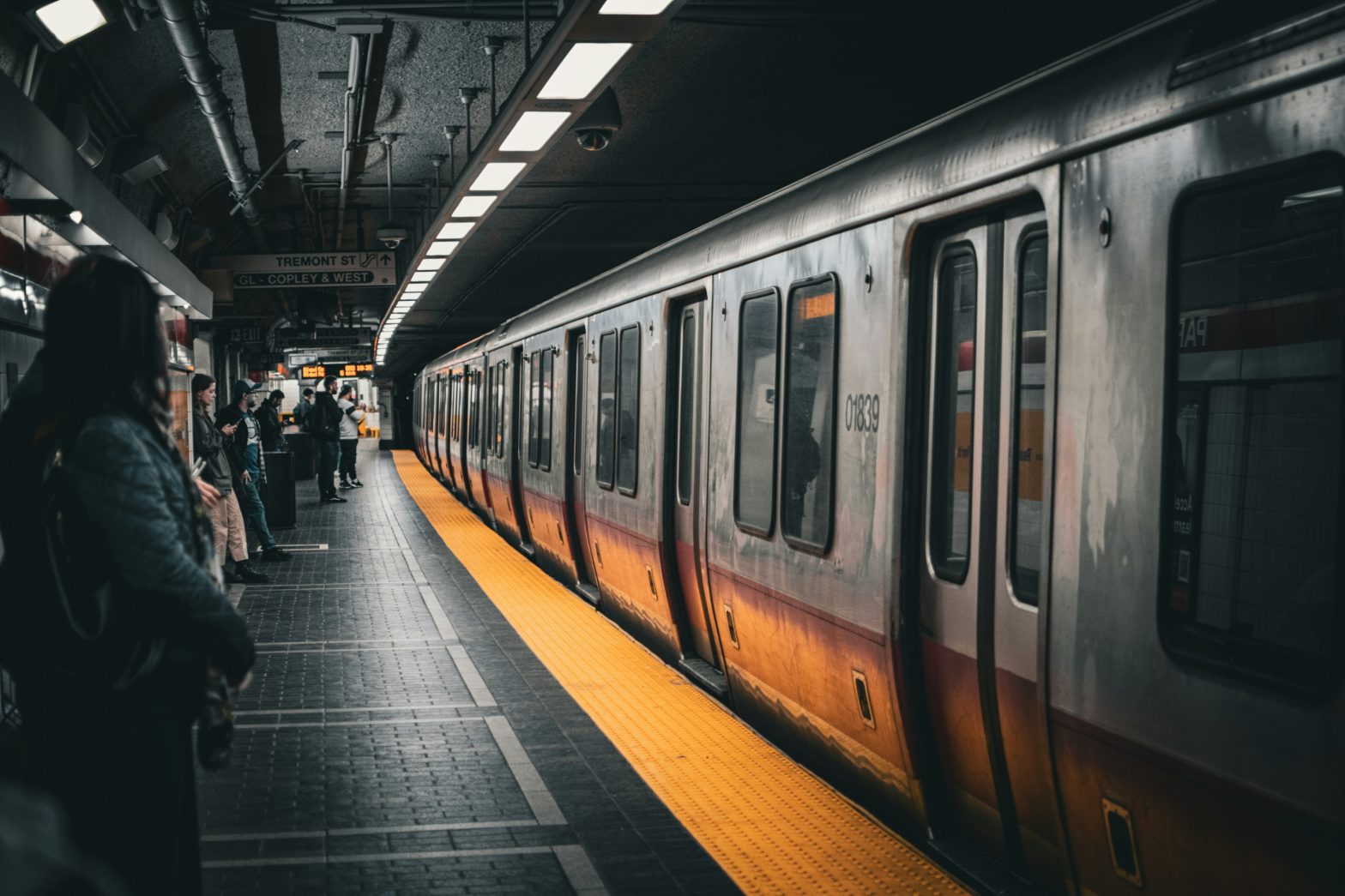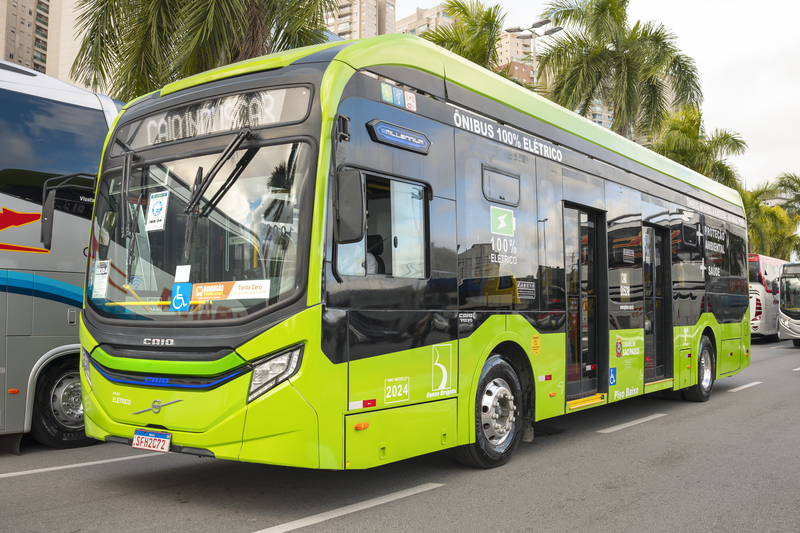
Photo: dennis-yu-unsplash
Boston reveals $700 million funding gap for transport services
14 June 2024
by Christopher Carey
The Massachusetts Bay Transportation Authority (MBTA) is facing “massive service cuts” if revenue projections do not change.
The agency – colloquially known as the T – is facing a US$700 million funding gap, which could affect the provision of public transport in the Greater Boston area from 2026.
“Cutting of service is not going to solve our problems in fact it’ll send us in the wrong direction,” said MBTA General Manager and CEO Phillip Eng.
“We’re going to keep making the case to fund the T. The economy and public life thrives with mass transportation, and I think others who are going to help us solve this are fully aware of the need to find a way to support our needs.”
Earlier this week the MBTA’s board of directors approved a US$9.6 billion capital investment plan which it says includes over 640 “unique capital projects to modernise, expand, and increase the safety and reliability of the MBTA transit network”.
The capital budget – which is separate from the agency’s annual operating budget – is approximately US$100 million lighter than last year’s plan.
The state’s financial support for the MBTA capital budget is projected to decline over the coming years however, with a funding task force set to report to Massachusetts Governor Maura Healey by the end of 2024.
Speaking in April, Eng said there were “more demands” for capital investment than resources available.
“In addition, we anticipate constrained financial resources in the years to come, further exacerbating our challenges in meeting our capital objectives.”
Treading water
Concerns over how the agency will continue to operate on a day-to-day basis have been voiced by senior figures at the MBTA and its oversight board.
“We’re treading water, barely, by just what we’re doing year to year on these five-year plans,” said MBTA board member Tom McGee.
Tom Glynn, a former MBTA general manager who now chairs the oversight board stressed there was a limited time frame to solve the issue.
“We have 13 months to figure out how we’re going to solve the problem,” said Glynn.
According to the agency, sales tax revenue has “underperformed expectations”, while fare revenue is at 60 percent of pre-pandemic levels.
Parts of the network are also fare-free, though this is funded through the American Rescue Plan Act (ARPA).
Eng has previously said the sluggish ridership figures could be attributed to changing work patterns driven by remote work, as well as track replacements and other repairs that may have turned commuters off from using the network.
Image: dennis-yu-unsplash











